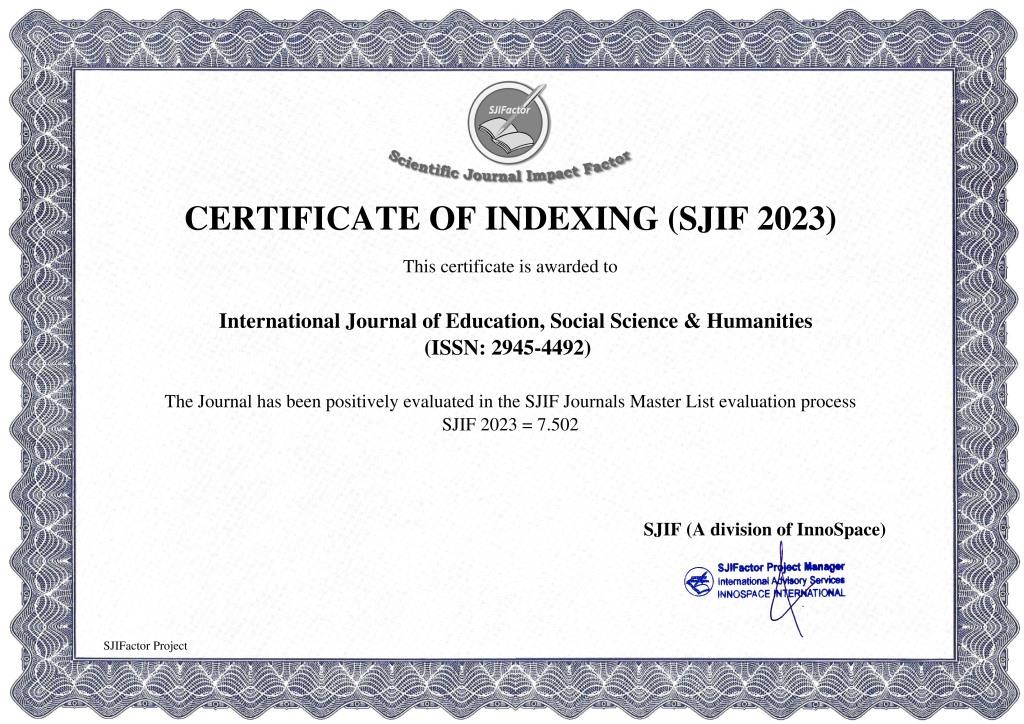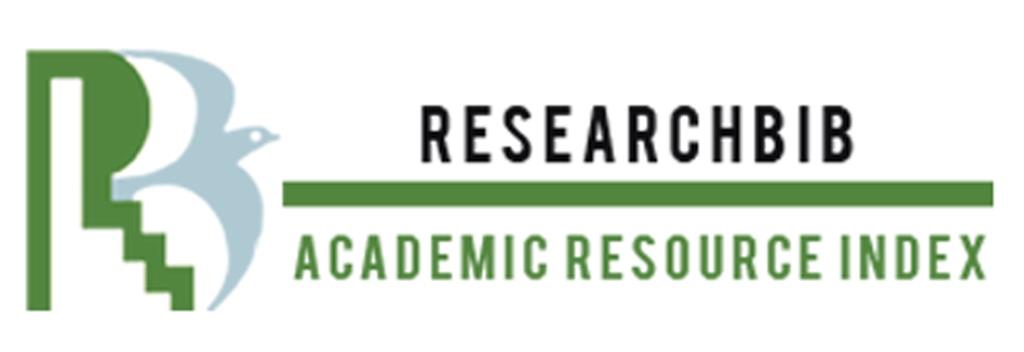VOCABULARY LEARNING STRATEGIES IN TEACHING MEDICAL ENGLISH
Keywords:
vocabulary learning strategies, Medical English vocabulary, vocabulary teaching methods, specific languageAbstract
The acquisition of vocabulary is an integral part of learning a foreign language, in addition, it helps to comprehend and understand interactions with people and allows them to convey their thoughts to the interlocutor, as well as exchange information. This article dwells on the strategies which can be used for enriching learner’s vocabulary and master a foreign language provided in this research. In addition, studying medical English involves not only developing basic skills, but also acquaintance with highly specialized vocabulary, which initially may seem difficult to understand and memorize. An appropriate strategy, approach and material chosen by the teacher can facilitate this process.
References
Alqahtani, M. (2015). The Importance of Vocabulary in Language Learning and how to be taught, International Journal of Teaching and Education, 3(3), pp. 23-24.
Huh, J.H. (2009). Vocabulary Learning Strategy Use and Vocabulary Proficiency, English Language & Literature Teaching, 15(4), pp. 39-40.
Kabooha, R. (2014). Vocabulary Learning Strategies of Medical English Terminologies: The Case of Foundation Year Students at Ibn Sina Medical College, English for Specific Purposes World, 44(15), p.20.
Kafipour, R., and Hosseini, M.N. (2011). Vocabulary Learning Strategies and their Contribution to Reading Comprehension of EFL Undergraduate Students in Kerman Province, European Journal of Social Sciences, 23 (4), pp. 628-629.
Min, Y.K. (2013). Vocabulary Acquisition: Practical Strategies for ESL Students, Journal of International Students, 3(1), pp. 67-68.
Rogulj, J.K, and Čizmic, I. (2018). Vocabulary Learning Strategies used by Medical Students: Croatian Perspective, Journal of Arts & Humanities, 7(2), pp. 47-48.
Schmitt, N. (1997). Vocabulary learning strategies. In N. Schmitt & M. McCarthy (Eds.), Vocabulary: Description, acquisition and pedagogy (pp. 199-228). Cambridge: Cambridge University Press.
Schmitt, N. (2007). Current Perspectives on Vocabulary Teaching and Learning, International Handbook of English Language Teaching (pp.838-839).
Strevens, P. (2014). Technical, Technological and Scientific English (TTSE).
Susanto, A. (2017). The Teaching of Vocabulary: A Perspective, Jurnal KATA, 1(2), pp. 185-187.
Szmigiera, M. (2021): The most spoken languages worldwide in 2021, [Online], Available from: https://www.statista.com/statistics/266808/the-most-spoken-languages-worldwide/ [Accessed 8th January 2022].
Tamimi Sa’d, S. H., and Rajabi, F. (2018). Teaching and Learning Vocabulary: What English Language Learners Perceive to Be Effective and Ineffective Strategies, CEPS Journal, 8(1), pp. 158-159.
Wang, J., Liang, S. L., & Ge, G. C. (2008). Establishment of a Medical Academic Word List, English for Specific Purposes, 27, pp. 445-446.














